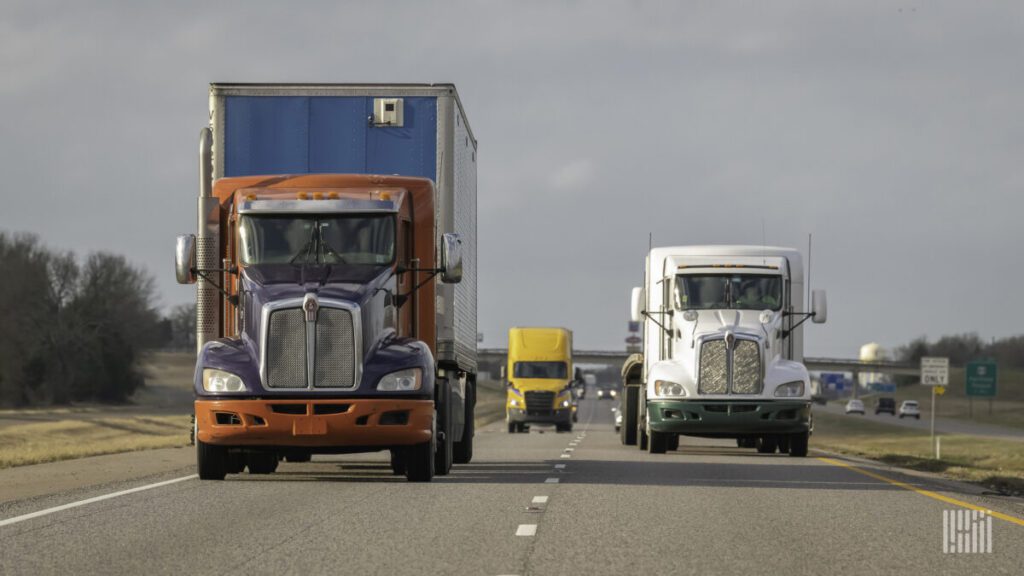March 3, 2023
How safety can be the key to lowering insurance costs

Reliance Partners helps trucking companies minimize risk, improve safety
Everybody in the transportation industry can probably agree on one thing: It’s not cheap to keep a trucking business running.
FreightWaves has estimated it costs $210,000 to operate just one truck annually, based on running 120,000 miles. Fleet owners might even say that most of the expenses that contribute to this figure are out of their control. After all, the industry is highly subject to supply and demand.
For instance, overall, companies can’t really control driver pay. If carriers want to be able to hire and maintain qualified drivers in a highly saturated market, they must pay competitive wages.
While it is possible to mitigate fuel costs with vendor agreements, fuel surcharges or monitoring a truck’s speed, carriers can’t control larger industry forces that influence the prices at the pump.
And, equipment prices are based on their current value in the market. There’s no guarantee of savings whether they buy used or new. “You can choose to get cheaper, but then your maintenance costs are going to go up because it’s less reliable,” said Robert Kaferle, vice president of safety at Reliance Partners.
These are just a few of the many variables trucking companies are powerless to change.
So what costs can a carrier actually control?
According to Kaferle, that would be insurance. The best way to control insurance costs, he said, is through establishing a strong safety and compliance program.
“Insurance, at the end of the day, is the transfer of risk,” Kaferle said. “The less risk, the less insurance costs. Insurance companies identify carrier risk through your Safety Measurement System (SMS) scores, previous accidents, and policies and procedures.”
By implementing a strong safety and compliance program, carriers can minimize the risk insurance companies take by insuring them, resulting in paying a lower insurance premium than another business of the same size operating in the same way but without such a program.
Reliance Partners helps trucking companies control what they can by matching them with the best insurer for their business. The Tennessee-based trucking insurance agency really stands out, though, because of its consultancy program to help carriers implement a safety program that puts them in a less risky position long term.
“You can do everything right and still get into a crash because somebody else did something wrong. All the training in the world may not be able to prevent that,” Kaferle said. “But we want to minimize the frequency and severity of crashes and incidents through training, awareness, policy and procedure, and ensuring that carriers are in the best position they can be in as far as risk goes.”
Reliance Partners provides carriers with training resources, answers their questions and guides them as they build their own internal safety program.
Putting together a compliant safety program doesn’t cost as much as people think, Kaferle said.
In addition to the lower premiums that companies often enjoy with safe practices, Reliance Partners helps businesses save money upfront with its no-cost-added safety resources.
Reliance Partners offers clients a driver training platform and a database with safety compliance resources for subjects like trucking, warehousing, the Occupational Safety and Health Administration, and human resources.
At the end of the day, no safety program will succeed without the support of drivers. Before carriers can educate drivers on how to improve safety compliance, they must understand why SMS scores are essential to their business and how it impacts their productivity and ability to make money.
“When you’re building a safety program, when you’re investing in your safety program, your drivers are the key,” Kaferle said. “Raise awareness, get a buy-in from your fleet and get them involved in that safety program just as much as your safety director is.”